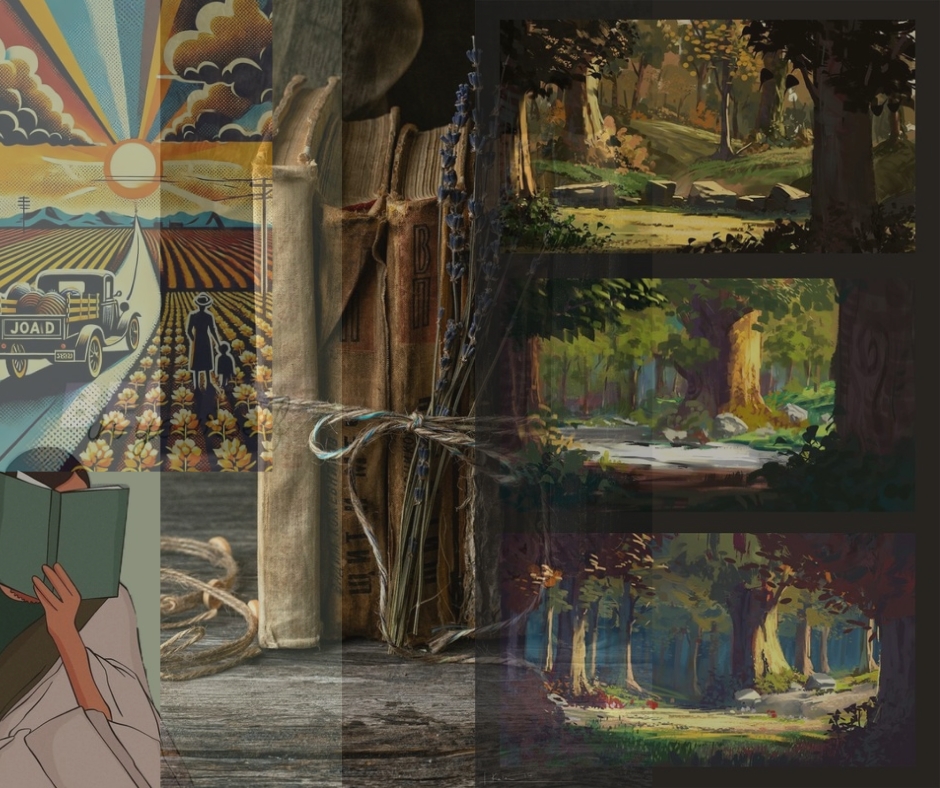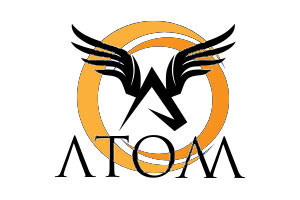Whats your choice... Photographer or Cinematographer?

Being a photographer or cinematographer is a creative and exciting career that involves capturing moments and telling stories through images.
Here's what you need to know:
What do photographers and cinematographers do? -
Photographers: Take still pictures of people, places, objects, or events using cameras. They work in various settings, such as studios, outdoors, or on location. -
Cinematographers: Create moving images for films, television shows, or commercials. They work closely with directors to bring the story to life through visual elements. Qualities to become a good photographer/cinematographer: - Creativity: Having a good eye for composition, lighting, and color. - Technical skills: Understanding camera equipment, lighting, and editing software. - Attention to detail: Paying attention to small details to capture the perfect shot. - Communication skills: Working with clients, directors, or other team members to understand their vision. - Patience and persistence: Waiting for the right moment to capture a shot or dealing with challenging situations. Skills required: - Understanding of camera equipment: Knowing how to use cameras, lenses, and other gear. - Lighting techniques: Using natural or artificial light to create the desired mood or effect. - Editing skills: Knowing how to edit photos or videos to enhance the story or message. - Storytelling ability: Capturing images that tell a story or convey a message. Career prospects: - Photographers: Can work in various fields, such as portrait photography, landscape photography, or commercial photography. - Cinematographers: Can work on films, television shows, commercials, or music videos, and can specialize in specific genres or styles. PHOTOGRAPHY VS. CINEMATOGRAPHY Let's explore the differences and similarities between photography and cinematography in a way that's easy to understand: Differences: 1. Still vs. Moving Images: Photography captures a single moment in time, resulting in a still image. Cinematography, on the other hand, involves capturing a sequence of moving images that tell a story. 2. Storytelling Approach: Photography tells a story in a single frame, while cinematography tells a story over time, using a sequence of frames. 3. Equipment and Techniques: While both use cameras, cinematography often requires more complex equipment, such as dollies, cranes, and stabilizers, to capture smooth motion. Similarities: 1. Visual Storytelling: Both photography and cinematography aim to convey emotions, ideas, and stories through visual elements. 2. Composition and Framing: Both disciplines require careful consideration of composition, framing, and lighting to create visually appealing images. 3. Creative Vision: Both photographers and cinematographers need to have a clear creative vision and understanding of their subject matter. Which one is more difficult? Cinematography can be considered more challenging because it involves: 1. More Complex Equipment: Cinematography requires a deeper understanding of camera movement, lighting, and sound, which can be technically demanding. 2. Time and Pacing: Cinematographers need to consider the pacing and timing of shots to create a cohesive narrative. 3. Collaboration: Cinematography often involves working with a larger team, including directors, actors, and other crew members, which can be challenging to coordinate. However, both photography and cinematography require creativity, attention to detail, and a good understanding of visual storytelling. Ultimately, the level of difficulty depends on the individual's skills and experience.









